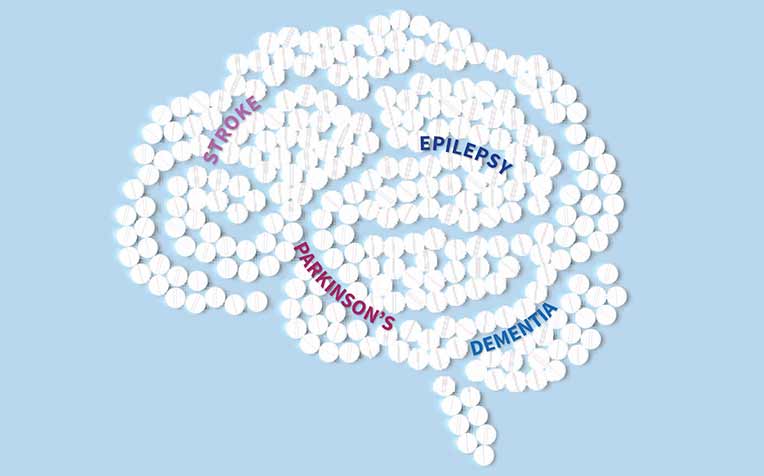HealthXchange will NEVER ask you to transfer money over a call. If in doubt, call the 24/7 ScamShield helpline at 1799, or visit the ScamShield website at www.scamshield.gov.sg.
Dementia and Epilepsy: Early Detection of Brain Diseases is Key

Dementia and epilepsy are brain diseases that if detected early, can lead to improved outcomes.
Dr Carol Tham, Consultant, Department of Neurology, National Neuroscience Institute (NNI), a member of the SingHealth group, explains how early detection of brain diseases (such as dementia, epilepsy, stroke and Parkinson's disease) can lead patients to an earlier diagnosis, medication and an improved quality of life for the patient.
Dementia is not part of ageing
Symptoms of dementia include memory loss, impaired judgement, disorientation and behavioural changes serious enough to cause loss of function.
The most common cause of dementia is Alzheimer’s disease, where the brain’s hippocampus (which controls memory) shrinks. It is not known why this happens, but in a few cases it could be due to genetics.
Dr Tham said there is also a common misconception that losing memory is part of normal ageing, but in many cases it is not.
There are currently no drugs to reverse dementia, but there are some to slow progression and help behaviour. Some kinds of memory loss such as those caused by a vitamin B12 or thyroid hormone deficiency are reversible and easily corrected.
“People with memory issues should get an objective basic memory test at a polyclinic. Not all patients who complain of forgetfulness turn out to have dementia. Some are found to have depression,” she said.
Epilepsy: What to do when a fit strikes
A common mistake made when a patient is having an epileptic fit is to stick a spoon in the patient's mouth to prevent him from biting his tongue.
This is not advised as it may break his teeth, which could go into his lungs and cause an infection, said Dr Tham.
“The right thing to do is to clear any obstacle that poses a danger to him, lay him on the ground turned on one side, and call an ambulance.” Some people completely lose consciousness during a fit, while others remain conscious but have jerky movements of their arms or legs. Most seizures can be controlled by medication.
“In extreme cases where seizures are poorly controlled despite taking many anti-epileptic medicines, the patient might need surgery to help regulate the electrical activity,” said Dr Tham.
Learn how to detect the early symptoms of stroke and Parkinson's disease - two other common brain diseases.
Ref: N18
Contributed by
Related Articles
Public Events
Get the Health Buddy App
© 2025 SingHealth Group. All Rights Reserved.


















 Get it on Google Play
Get it on Google Play